 Welcome
Welcome
“May all be happy, may all be healed, may all be at peace and may no one ever suffer."
Bipolar disorder

Bipolar disorder, also known as manic-depressive illness, is a mental health condition characterized by episodes of manic and depressive symptoms. Manic episodes involve periods of elevated or irritable mood, increased energy, reduced need for sleep, and sometimes reckless or impulsive behavior. Depressive episodes involve feelings of sadness, hopelessness, and low energy. The exact cause of the bipolar disorder is unknown, but it is thought to be related to a combination of genetic, environmental, and biological factors. Treatment options may include mood stabilizers, antipsychotic medications, psychotherapy, or a combination of these approaches. It is important to work closely with a mental health professional to manage bipolar disorder and prevent potential complications.
Research Papers
Disease Signs and Symptoms
- Excessive physical activity
- Decreased ability to think or concentrate, or indecisiveness
- Feelings of worthlessness or excessive or inappropriate guilt
- Trouble sleep (insomnia)
- Marked loss of interest or feeling no pleasure in almost all activities
- An exaggerated sense of well-being and self-confidence (euphoria)
- Increased activity, energy or agitation
- Abnormally upbeat, jumpy or wired
- Fatigue (Tiredness)
- Excessive sleepiness
- Hopeless
- Talk too much
- Lack of sleep (Sleep apnea)
- Thinking about, planning or attempting suicide
Disease Causes
Bipolar disorder
The exact cause of bipolar disorder is unknown, but several factors may be involved, such as:
- Biological differences. People with bipolar disorder appear to have physical changes in their brains. The significance of these changes is still uncertain but may eventually help pinpoint causes.
- Genetics. Bipolar disorder is more common in people who have a first-degree relative, such as a sibling or parent, with the condition. Researchers are trying to find genes that may be involved in causing bipolar disorder.
Disease Prevents
Bipolar disorder
There's no sure way to prevent bipolar disorder. However, getting treatment at the earliest sign of a mental health disorder can help prevent bipolar disorder or other mental health conditions from worsening.
If you've been diagnosed with bipolar disorder, some strategies can help prevent minor symptoms from becoming full-blown episodes of mania or depression:
- Pay attention to warning signs. Addressing symptoms early on can prevent episodes from getting worse. You may have identified a pattern to your bipolar episodes and what triggers them. Call your doctor if you feel you're falling into an episode of depression or mania. Involve family members or friends in watching for warning signs.
- Avoid drugs and alcohol. Using alcohol or recreational drugs can worsen your symptoms and make them more likely to come back.
- Take your medications exactly as directed. You may be tempted to stop treatment — but don't. Stopping your medication or reducing your dose on your own may cause withdrawal effects or your symptoms may worsen or return.
Disease Treatments
Treatment is best guided by a medical doctor who specializes in diagnosing and treating mental health conditions (psychiatrist) who is skilled in treating bipolar and related disorders. You may have a treatment team that also includes a psychologist, social worker and psychiatric nurse.
Bipolar disorder is a lifelong condition. Treatment is directed at managing symptoms. Depending on your needs, treatment may include:
- Medications. Often, you'll need to start taking medications to balance your moods right away.
- Continued treatment. Bipolar disorder requires lifelong treatment with medications, even during periods when you feel better. People who skip maintenance treatment are at high risk of a relapse of symptoms or having minor mood changes turn into full-blown mania or depression.
- Day treatment programs. Your doctor may recommend a day treatment program. These programs provide the support and counseling you need while you get symptoms under control.
- Substance abuse treatment. If you have problems with alcohol or drugs, you'll also need substance abuse treatment. Otherwise, it can be very difficult to manage bipolar disorder.
- Hospitalization. Your doctor may recommend hospitalization if you're behaving dangerously, you feel suicidal or you become detached from reality (psychotic). Getting psychiatric treatment at a hospital can help keep you calm and safe and stabilize your mood, whether you're having a manic or major depressive episode.
The primary treatments for bipolar disorder include medications and psychological counseling (psychotherapy) to control symptoms, and also may include education and support groups.
Disease Diagnoses
Disease Allopathic Generics
Disease Ayurvedic Generics
Disease Homeopathic Generics
Disease yoga
Bipolar disorder and Learn More about Diseases
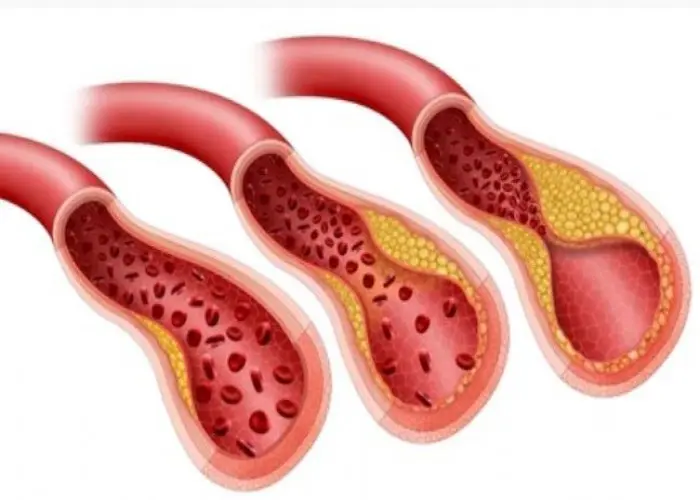
Carotid artery disease
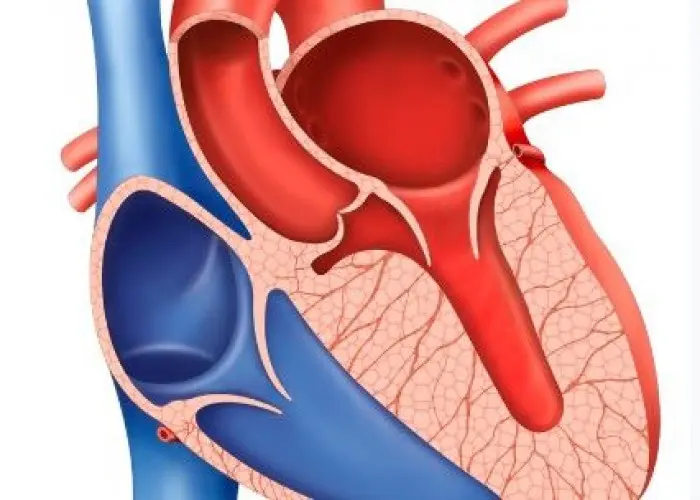
Hypertrophic cardiomyopathy

Elevated blood pressure

Sacroiliitis

Heart arrhythmia
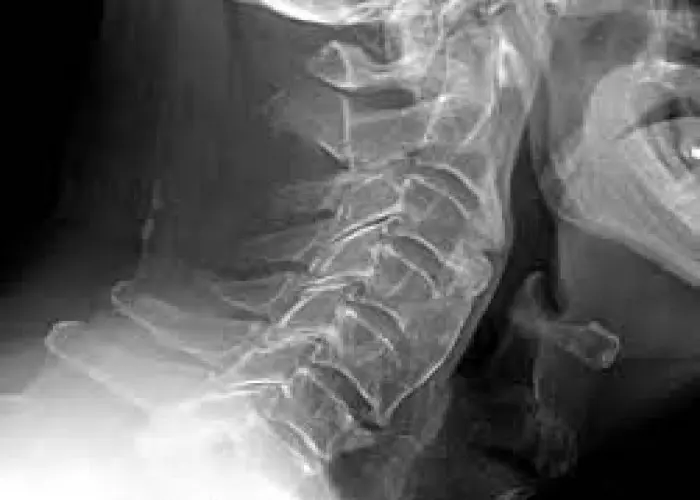
Diffuse idiopathic skeletal hyperostosis (DISH)
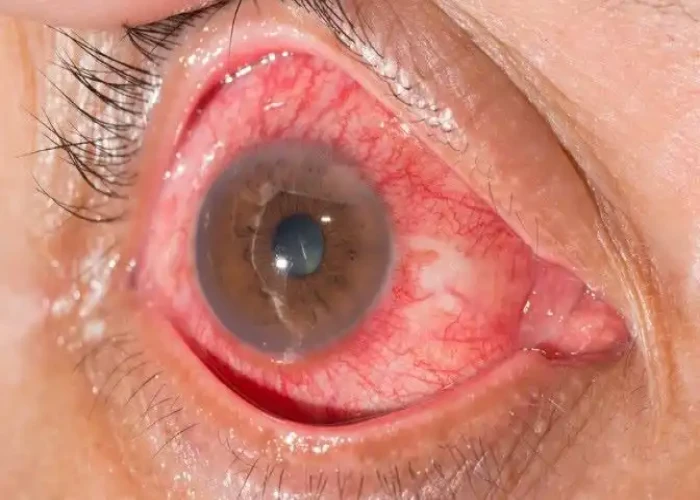
Uveitis
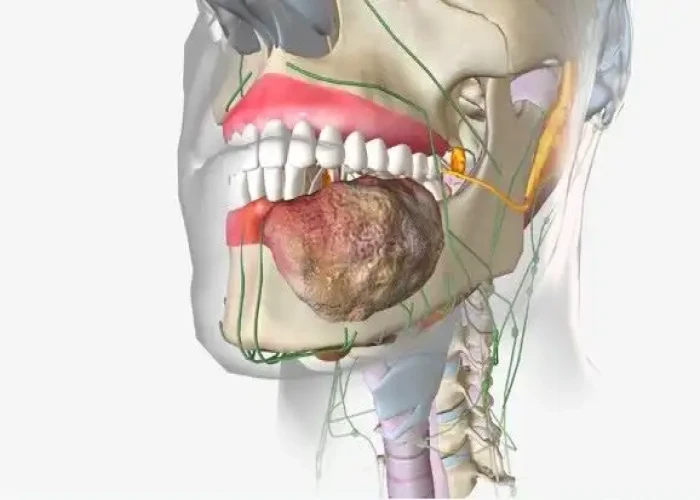
Soft palate cancer
Bipolar disorder, Bipolar symptoms, Hypomania, বাইপোলার ব্যাধি
To be happy, beautiful, healthy, wealthy, hale and long-lived stay with DM3S.
